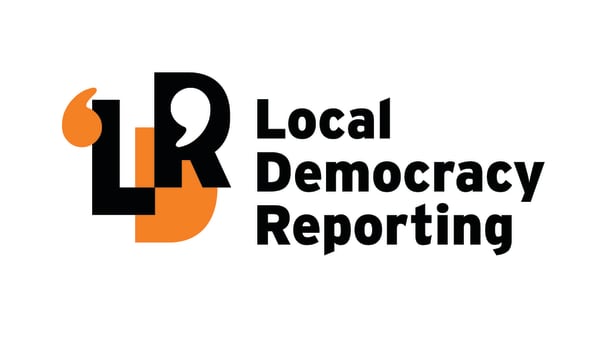Pool users will face higher fees to take a splash at Kiwa Pools in Gisborne this summer as the council tries to bump up its revenue.
Gisborne district councillors voted for adult pool prices to increase by $1 in December, bringing the cost to $6.80. By the end of 2025, the price will rise to $7.50, resulting in a total increase of $1.70.
Children, pensioners and Community Service Card holders’ entrance fees will increase by 80 cents to $4.80 next month, and to $5.50 by 2025/6.
These prices will remain in place until June 2026. 
The council consulted with the public regarding hiking entry fees as the facility faced pressure from higher power bills and lower revenue than what was expected.
Just over half (53%) of respondents preferred higher user charges and reduced general rates to cover the pool’s operational costs.
The consultation asked whether to increase fees by inflation, with the pool being 33% funded by pool-goers, or a plan where operations would be 40% user-funded and 60% rates-funded.
Out of the 123 submissions received, results showed a slight preference for the option that was more expensive for the pool user.
At a meeting last week, councillors discussed the close margin in the public’s views.
Councillors Tony Robinson and Debbie Gregory pushed for the more affordable option.
Both noted the council should honour the preference of Ngā Tāwhiri, a primary hapū of local iwi Rongowhakaata and a participant of the Kiwa Pools Advisory Group.
The advisory group helps the council with regard to discussions around how the pools can best reflect and provide for the interests of tangata whenua.
According to the report, Ngā Tāwhiri acknowledged ratepayers may continue to bear the majority of the admission fees.
However, “increasing water safety skills of tamariki is a priority for the community and it requires keeping the costs of access as low as possible”.
Kiwa Pools opened in September last year and was benchmarked to have around 200,000 admissions, with an estimated revenue between $6.80 and $10 per user.
The pool’s admissions surpassed this number, but the average revenue per customer was only $3.17 because of the high child entry rates.
Robinson said the group’s evidence showed the need to target child-focused water safety issues, with disproportionate drowning rates among non-Pākehā.
“We have a very water-centric district.”
The difference in price between both options was 75c for adult entry prices and 50c for children.
In both options, rate contributions for the council’s Three-Year Plan remain unchanged.
Contributions from rates to the pools this year were $1.6 million and will be increased to $2.6m by 2026/27.
Council principal community assets and partnerships adviser Chris Visser said it covered the cost of depreciation.
Power for the pools was forecast to be around $300,000 per year, which includes a complex water heating footprint and savings from the solar panels.
However, power unit costs have been as much as 40% more than expected, with a shortfall of around $120,000-180,000 in a year of operating, according to the report.
The increased user-charge option results in a contribution of $1m to the pool, which still falls short of the pool’s budget for admission fees of $1.07m.
“As the pool builds up its business and fees increase in line with benchmarks, the shortfall will be repaid. This reduces the need to raise additional rates over this period,” said the report.
In the interim, the shortfall will be paid by an internal loan, said Visser.
Councillor Teddy Thomspon told staff he would like to see a sustainable business model that does not rely on borrowing money.
Visser said she understood the concerns.
“You do not want to have a venue where you do not have the funds when it comes to needing [to be] replaced.”
However, there would always be an assumption the council would need some external funds to do that work, she said.
Gisborne Mayor Rehette Stoltz acknowledged there was room for the business model to grow, but noted the pools were for public enjoyment.
“Just like any other council in New Zealand, rates go towards supporting those facilities,” she said.
Gisborne Deputy Mayor Josh Wharehinga, who supported the cheaper option, said the council needed to commit to funding depreciation every year.
The council did not want to end up in the same situation it was in during 2019/2020 regarding the previous Gisborne Olympic Pool, he said: “When the option was indebting ourselves forever or closing the pool.”
“We were thrown a ‘Hail Mary’ pass from central Government to be able to build this pool,” Wharehinga said.
“We need to account for the fees that suit the socio-economic needs of the region.”










